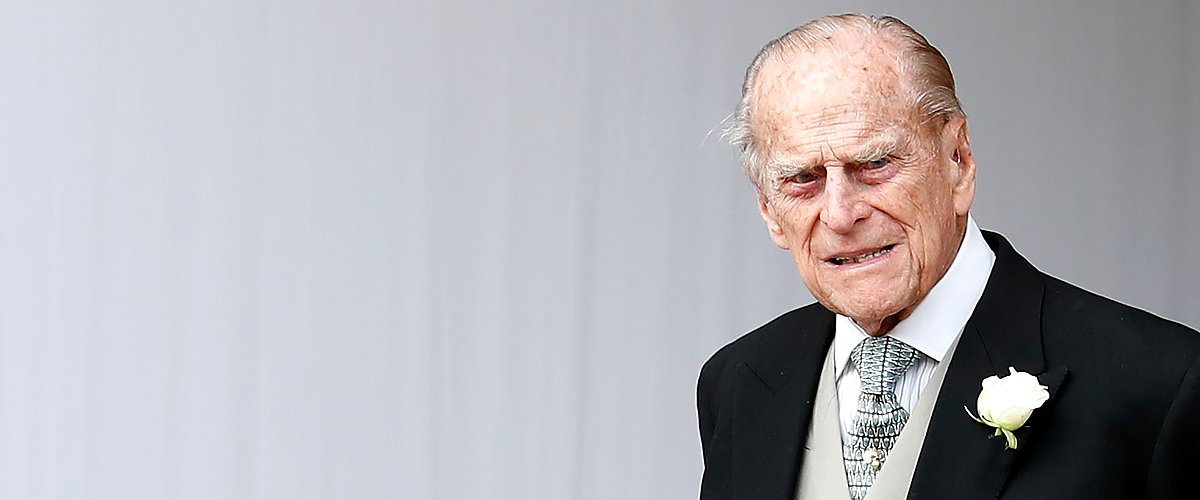
Prince Philip Was 9 When His Mother Was Sent to a Psychiatric Clinic after His Father’s Getaway with his Mistress
Prince Philip's mother was forcefully sent to a psychiatric clinic after his father ran off with his mistress — she was the daughter of a train driver and the granddaughter of one of the busiest prostitutes in Paris.
Prince Philip had a rough upbringing. As a child, he was separated from his mother, Princess Alice, and he did not see her again for roughly five years afterward. His father, Prince Andrew, also left him alone after he shut up the family house and ran off with a woman who eventually bled him dry.
When he died, the only things his son inherited were his debt, a shaving stick, and a signet ring. Despite all of that, Prince Philip would grow up to become the man who married the Queen. Here are the details.
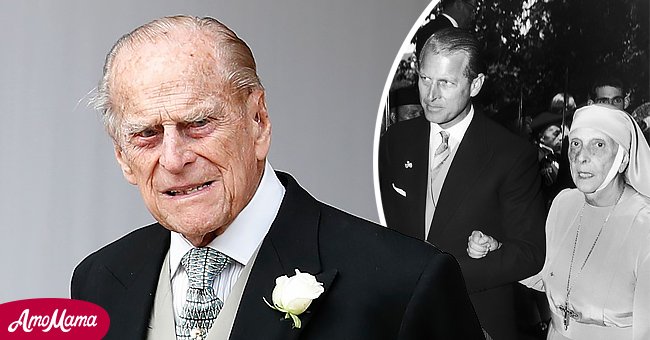
Picture of a very sad Prince Philip and a young Prince Philip with his mother | Photo: Getty Images
PRINCESS ALICE'S MENTAL DETERIORATION
Prince Philip was born to Princess Alice, sister of Earl Mountbatten and Prince Andrew of Greece, son to King George I of Greece.
Aside from him, his parents also had four other girls, all of whom Andrew did not consider when he left the family to be with his mistress Andrée. His exit came after his then-wife Alice was forcefully shipped off to a Swiss sanatorium to be treated by proteges of Sigmund Freud.
She had been born deaf, and her mental health had been slowly deteriorating for years, but it was decided she could no longer be left alone after she started claiming that she was in direct contact with Jesus Christ and Buddha.
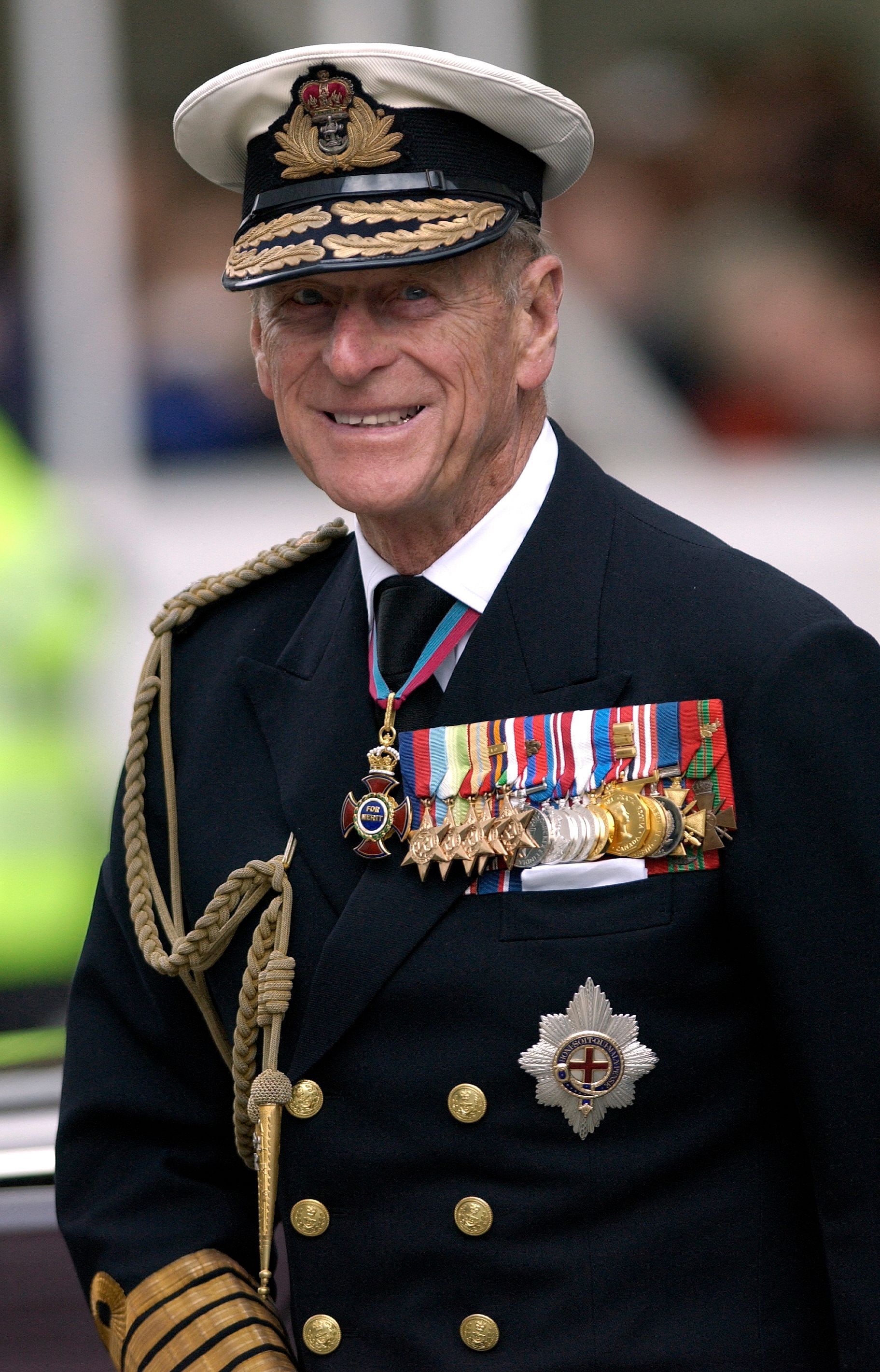
Prince Philip photographed in his military uniform on October 10, 2003. | Photo: Getty Images
In 1930, she suffered a severe nervous breakdown, was diagnosed with paranoid schizophrenia, and was quickly sent off to two sanatoriums. Freud suggested that her religious ravings resulted from her overactive sex drive and recommended that her ovaries be X-rayed.
After she was taken, Philip did not see her again for another five years, and the next time Andrew saw her was in 1938 at the funeral of her daughter Cecilie, who died in a plane crash with her husband and children.
When Alice was institutionalized, their family resided in a borrowed house located in a Paris suburb. After she was gone, Andrew wasted no time in closing down the place and zooming off to the south of France, leaving Philip and his four sisters without looking back.
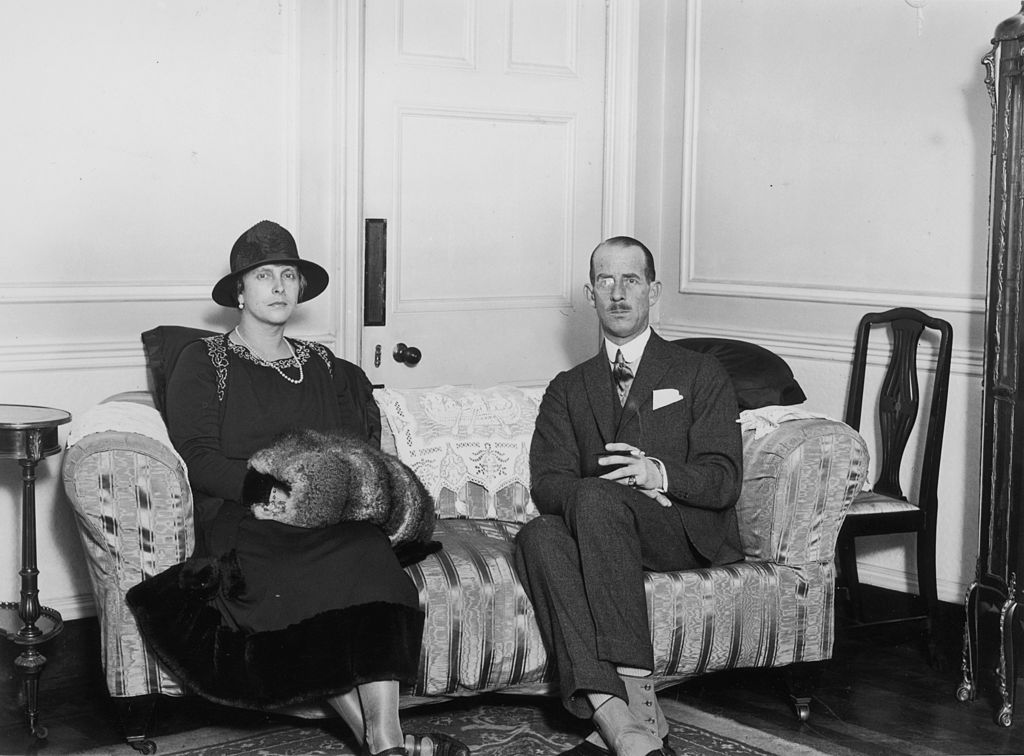
Prince Andrew (1882 - 1944) and Princess Alice (1885 - 1969) of Greece, the parents of Queen Elizabeth II's future consort Philip Mountbatten, (later Prince Philip, Duke of Edinburgh). | Photo: Getty Images
By that time, Andrew, a failed army officer whose negligent battlefield conduct cost lives, had already met Andrée.
PRINCE ANDREW'S LIFE AFTER HE RAN
In his defense, Prince Andrew did not also have an easy life. He lived in Greece for a long time until Princess Alice's brother-in-law, King Constantine I of Greece, was forced to abdicate the throne in a military coup led by those who blamed Andrew for losing a battle against the Turks.
As a result, Andrew was court-martialed, and when it was suspected that his life was in jeopardy, he was evacuated from Greece along with his family on a British cruiser, the HMS Calypso.
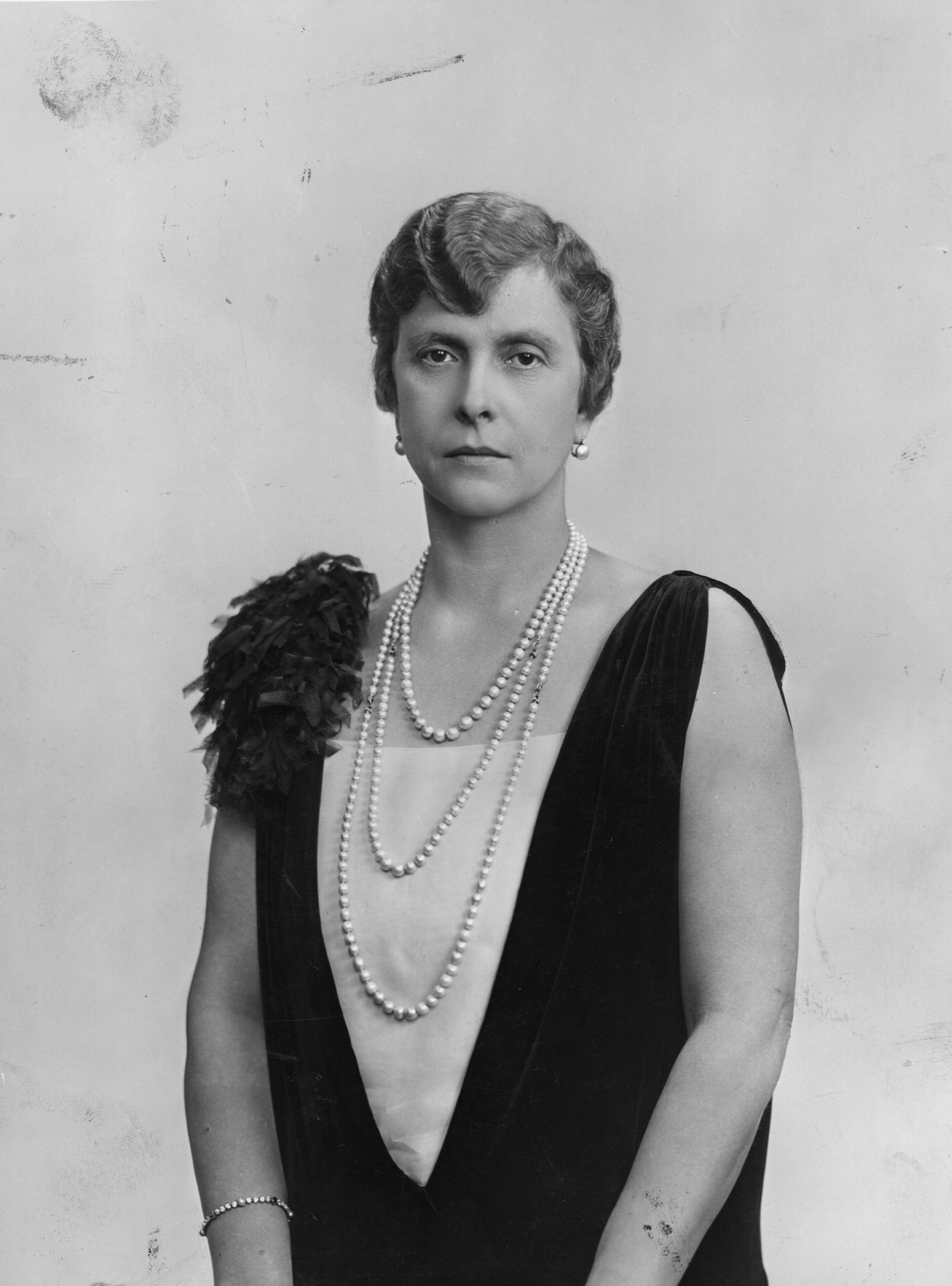
Princess Alice of Greece (1885 - 1969), mother of Prince Philip, the Duke of Edinburgh, and formerly Alice of Battenberg. | Photo: Getty Images
The year was 1922, and the unfolding of events traumatized Andrew deeply. When he met Andrée later, she was already famous, not only for her talent as an actress but also for her striking good looks.
For Andrew, who did not have a lot going for him, Andrée was the perfect trophy, and she was okay with it because she saw him as the best substrate from which she could grow to fulfill her ambitions.
After Andrew decided to throw in his lot with her, he never worked another day in his life. His last work was done in the year 1930 when he wrote a book to defend his actions.
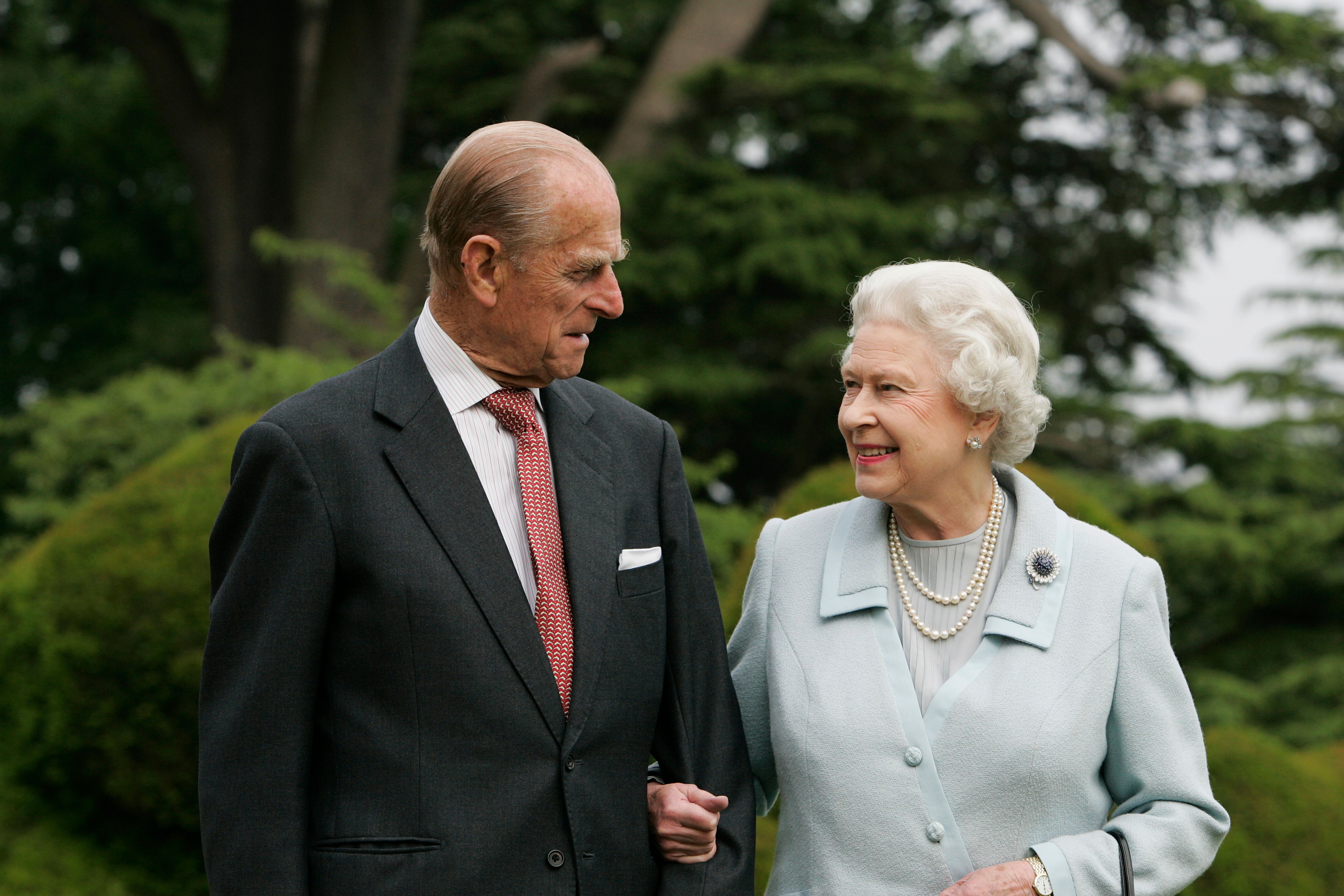
Queen Elizabeth II and Prince Philip marking their Diamond Wedding Anniversary in November 2007. | Photo: Getty Images
After that, all he did was loaf around in the Riviera sun supported by his affluent friends and serenaded by Andrée, who remained by his side, reportedly mooching off him till he passed.
Andrew also picked up a skill many princelings from failed European royal houses had sharpened during the interwar years — how to sing to get fed.
One of his early patrons was a wealthy bachelor named Gilbert Beale. He could afford a luxurious life thanks to the enormous profits made from his family business, Carter's Tested Seeds.
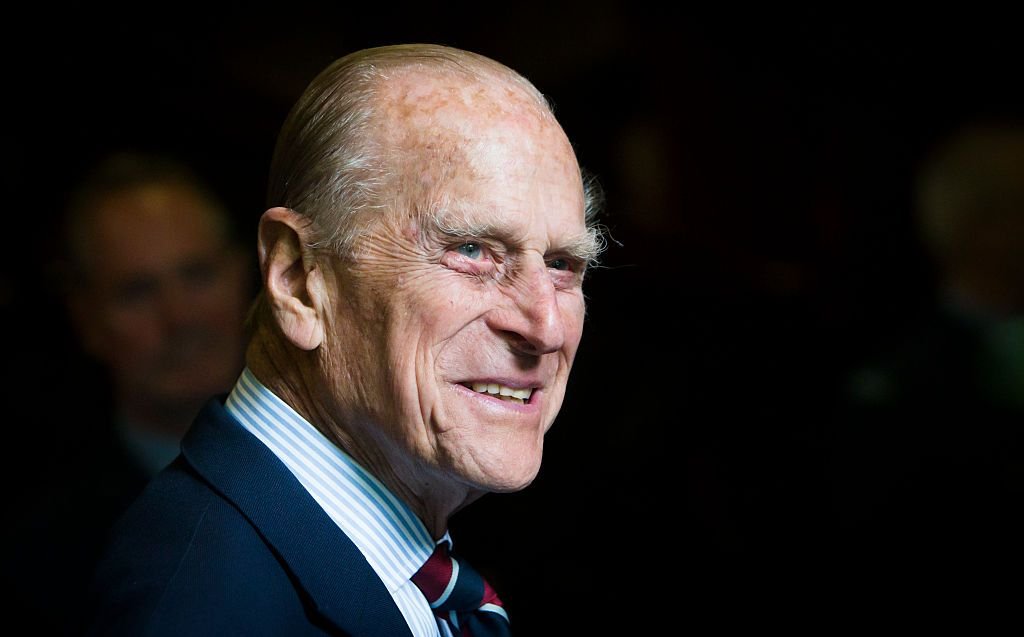
Prince Philip during a visit to the headquarters of the Royal Auxiliary Air Force's 603 Squadron on July 4, 2015 | Photo: Getty Images
Beale funded Andrew and Andrée's lifestyle by making them permanent guests on his luxury steam yachts named Angela and Susanna Jane.
PHILIP LOVED HIM ANYWAY
Despite his selfish actions, Andrew somehow aged to remain within his son's good graces. Philip genuinely revered his father and, according to one biographer, really loved him.
Even though he spent the rest of his childhood getting passed around relatives, Philip always anticipated his sparse meetings with his father. How could he have known that Andrée, who always received him with warmth, was slowly sucking his father dry?
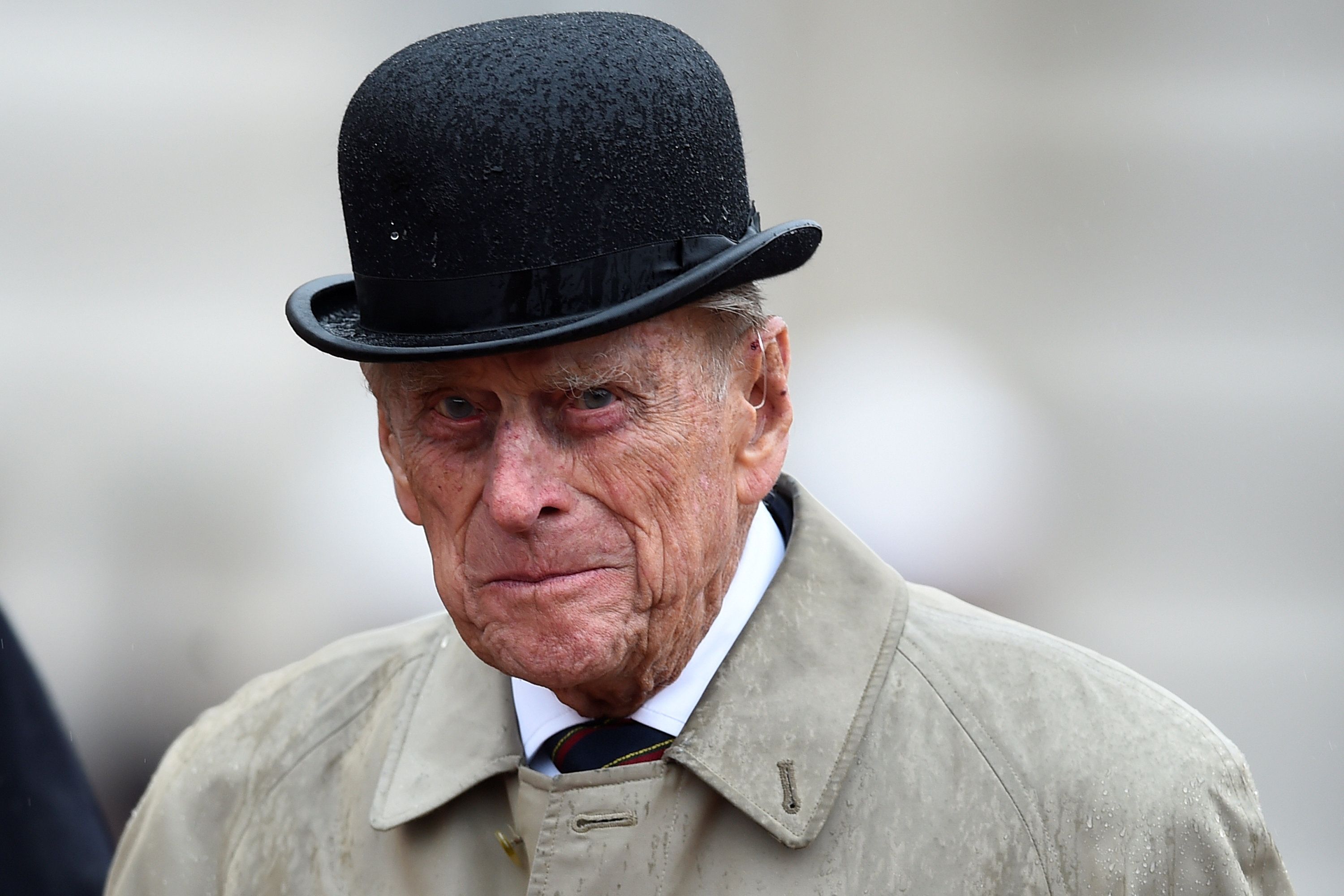
prince Philip, Duke of Edinburgh as Captain General, Royal Marines, making his final individual public engagement while attending a parade to mark the finale of the 1664 Global Challenge on the Buckingham Palace Forecourt in London, England | Photo: Getty Images
Andrée made enough from her lucrative acting career, but that did not stop her from taking more from Andrew, making her even richer. It all went to her head and one day, overcome with self-importance, she reinvented herself as Comtesse Andrée de la Bigne.
The act was inspired by her grandmother, Valtesse Delabigne, a prostitute who grew to become one of the most celebrated courtesans of her age, and her vain desire to stand equal to her lover, who, despite his faults, was still a Prince.
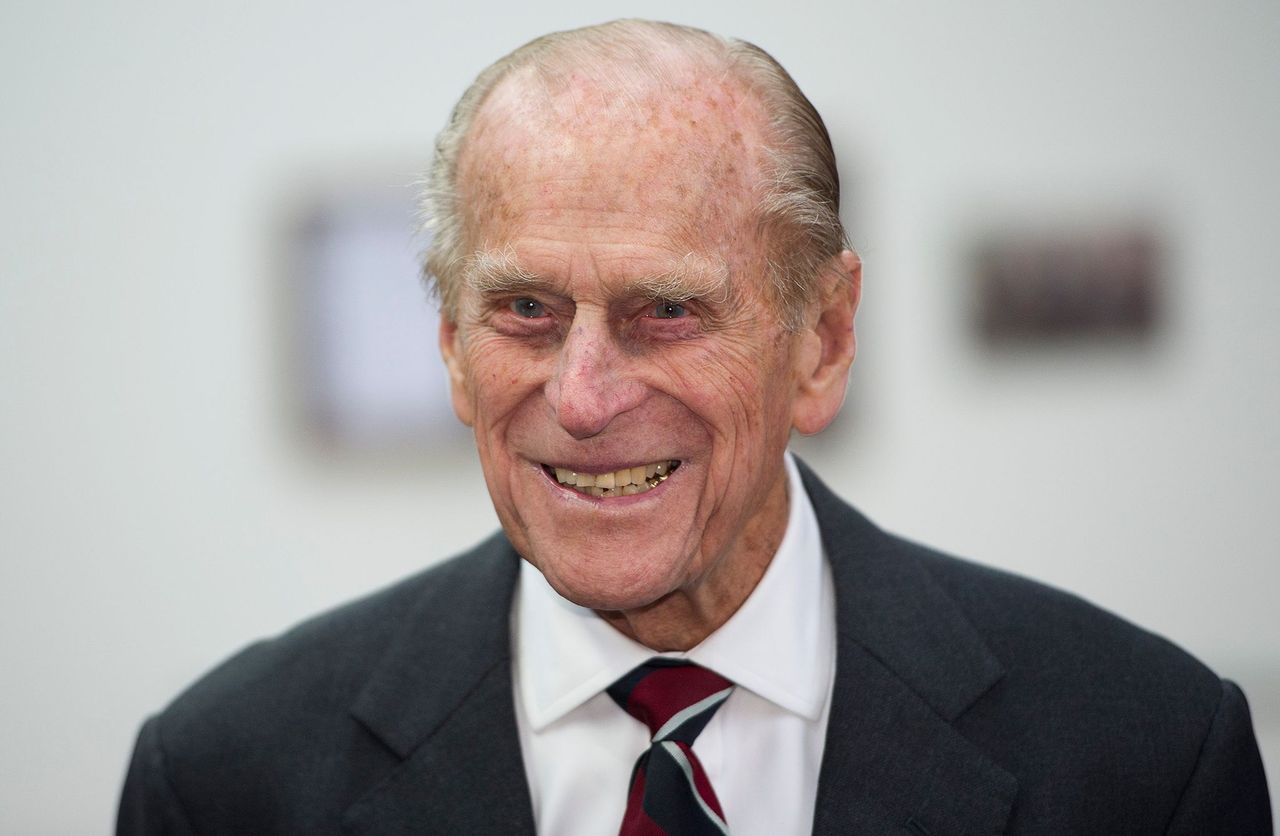
Prince Philips at the opening of the "First World War In The Air" exhibition at the RAF museum in Hendon on December 02, 2014 in London, England | Photo: Getty Images
Andrew passed away in his sleep on December 3, 1944, after returning from a party in Marseilles. The cause of death was reported to be heart failure. He had been 62 at the time and had not set eyes on Philip for five years.
Philip's rough childhood impacted him, but he did not let them weigh him down. He went on to become one of the greatest men who ever lived and even developed a belief that disregards therapy — if he could survive his ordeals without it, then anyone could.
